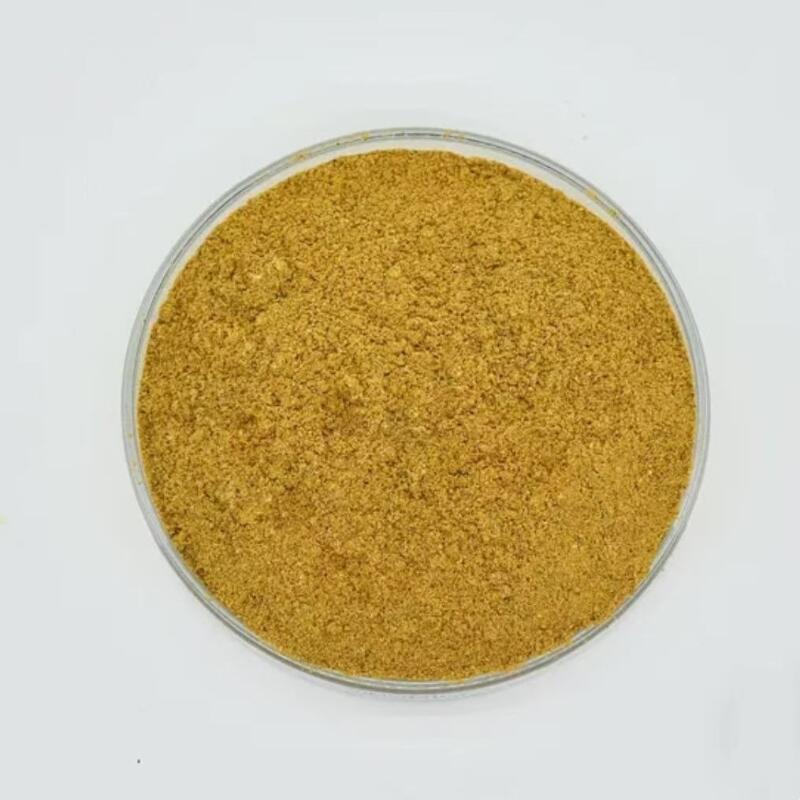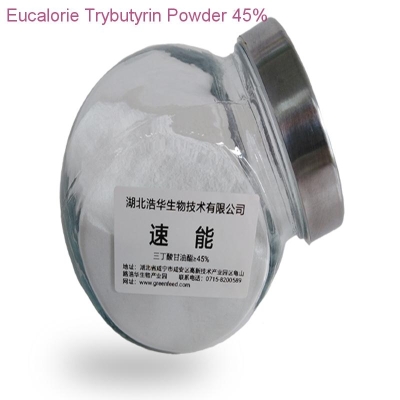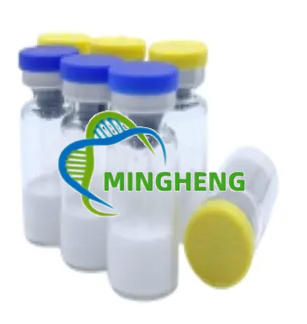-
Categories
-
Pharmaceutical Intermediates
-
Active Pharmaceutical Ingredients
-
Food Additives
- Industrial Coatings
- Agrochemicals
- Dyes and Pigments
- Surfactant
- Flavors and Fragrances
- Chemical Reagents
- Catalyst and Auxiliary
- Natural Products
- Inorganic Chemistry
-
Organic Chemistry
-
Biochemical Engineering
- Analytical Chemistry
-
Cosmetic Ingredient
- Water Treatment Chemical
-
Pharmaceutical Intermediates
Promotion
ECHEMI Mall
Wholesale
Weekly Price
Exhibition
News
-
Trade Service
Bacillus subtilis is a gram-positive, rod-shaped bacterium that is widely used in the chemical industry due to its unique properties.
This bacterium is capable of producing a variety of enzymes and other chemicals that are used in various industrial applications.
In this article, we will discuss the various applications of Bacillus subtilis in the chemical industry.
One of the most common applications of Bacillus subtilis is in the production of enzymes.
The bacterium is capable of producing a wide range of enzymes that are used in various industrial applications, including the production of biofuels, food and beverages, and detergents.
For example, Bacillus subtilis is used to produce amylases, which are enzymes that break down starch into simple sugars, and cellulases, which are enzymes that break down cellulose into simple sugars.
These enzymes are used in the production of biofuels, such as ethanol and biodiesel, as well as in the production of food and beverages, such as bread and beer.
Bacillus subtilis is also used in the production of other chemicals, such as antibiotics, antibacterials, and other bioproducts.
For example, the bacterium is used to produce the antibiotic substance natamycin, which is used to prevent the growth of mold and yeast on food products.
Bacillus subtilis is also used to produce other antibiotics, such as erythromycin and fusidic acid, as well as a variety of other bioproducts, such as enzymes, proteins, and polysaccharides.
Another application of Bacillus subtilis is in the bioremediation of contaminated soil and water.
The bacterium is capable of breaking down a variety of pollutants, including hydrocarbons, pesticides, and heavy metals, making it an ideal candidate for use in bioremediation projects.
Bacillus subtilis can be used to clean up contaminated soil and groundwater by breaking down the pollutants and converting them into harmless byproducts.
Bacillus subtilis is also used in the production of biofuels, such as ethanol and butanol.
The bacterium is capable of fermenting a variety of carbon sources, including corn, sugarcane, and woody materials, to produce these biofuels.
Bacillus subtilis is also used in the production of other chemicals, such as organic acids and amino acids, which are used in various industrial applications.
In addition to its applications in the chemical industry, Bacillus subtilis has also been used in the development of a variety of biotechnological applications, including the production of vaccines and the treatment of diseases.
For example, the bacterium is used to produce the diphtheria toxin, which is used in the production of diphtheria vaccines, and the cytomegalovirus (CMV) virus, which is used in the treatment of CMV infections.
Overall, Bacillus subtilis is a versatile bacterium that has a wide range of applications in the chemical industry, including the production of enzymes, antibiotics, and other bioproducts, as well as bioremediation, biofuels production, and biotechnological applications.
Its unique properties make it an ideal candidate for use in various industrial applications, and its use is expected to continue to grow in the future.







